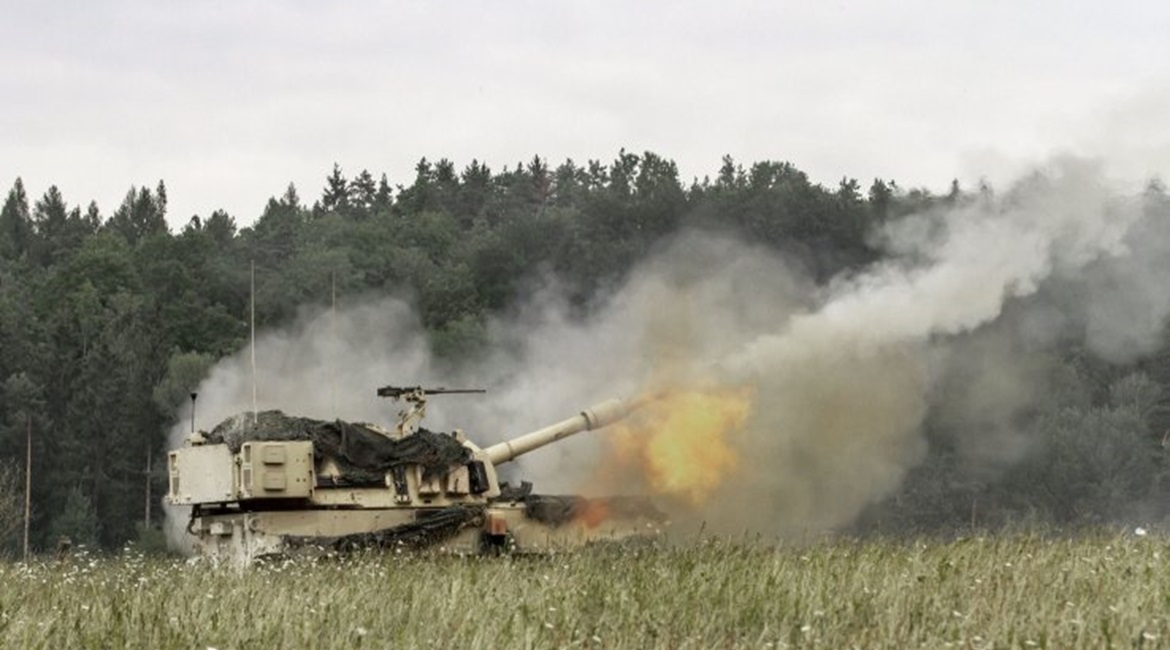
BAE Systems had made great strides moving past previous Paladin M109A7 self-propelled howitzer production challenges but earlier this year the spread of the coronavirus (Covid-19), in part, led to the company missing two vehicle deliveries, according to service acquisition chief Bruce Jette.
Jette spoke with Janes on 14 October about various programmes and the Covid-19-related effect on the service that has delayed several soldier touchpoints and scaled back exercises like Defender Europe 2020. Although Jette said that the service’s prized modernisation efforts remained on track and schedule, there have been delays including the delivery of two M109A7s that the company is working to make up.
“The two vehicles that were short in the spring were attributed to a temporary plant closure to set up the plant infrastructure and procedures to guard against Covid-19,” Ashley John, director for public and congressional affairs for the Program Executive Office for Ground Combat Systems, later explained. “BAE delivered one of the two vehicles in August and will make up the second vehicle this month.”

A US Army Paladin M109A7 self-propelled howitzer during a live fire exercise in Grafenwoehr, Germany, in August 2019. BAE Systems has made up one of two missed deliveries of the weapon after a Covid-19-related issue. (US Army/Sgt Jeremiah Woods)
BAE Systems produces the new howitzer at its York, Pennsylvania, facility and in the past has encountered production problems and delays with this line and others. In 2017, for example, the company even halted Paladin Integrated Management (PIM) deliveries for six months to address welding challenges. However, by mid-2019 the service said that the company had rebound with the programme and was meeting its monthly goals.
Jette noted that this upward trajectory had continued until the coronavirus-related delay struck.
Looking to read the full article?
Gain unlimited access to Janes news and more...






